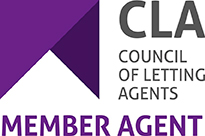Solving & Reporting Issues
If any issues arise at your property (which may or may not be the fault of the tenant) it is important that you report it to us if its not something that can be rectified simply by yourself. We do have some hints and tips for some common issues which may arise on our website so please do check these out before contacting us.
Should you still need to inform us, please do so via email at leesproperty.office@gmail.com or by calling the office on 01343 555142.
Common issues
- Bleeding radiators
- Smoke alarm maintenance
- Rodent control tips
- Repressurising your boiler
- Leak in property
- How to avoid condensation & mould in your home
- SAL Factsheet – Condensation & Damp
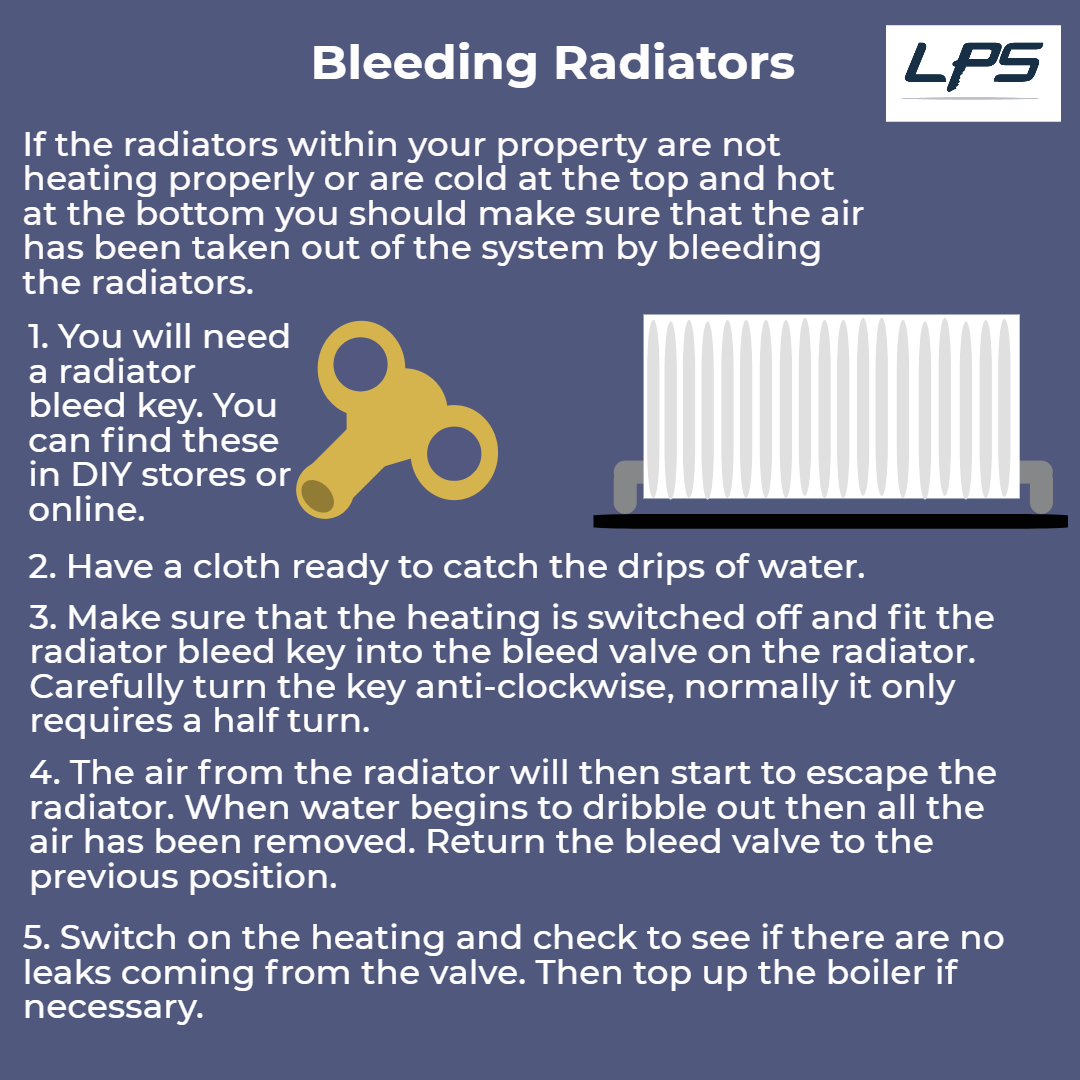
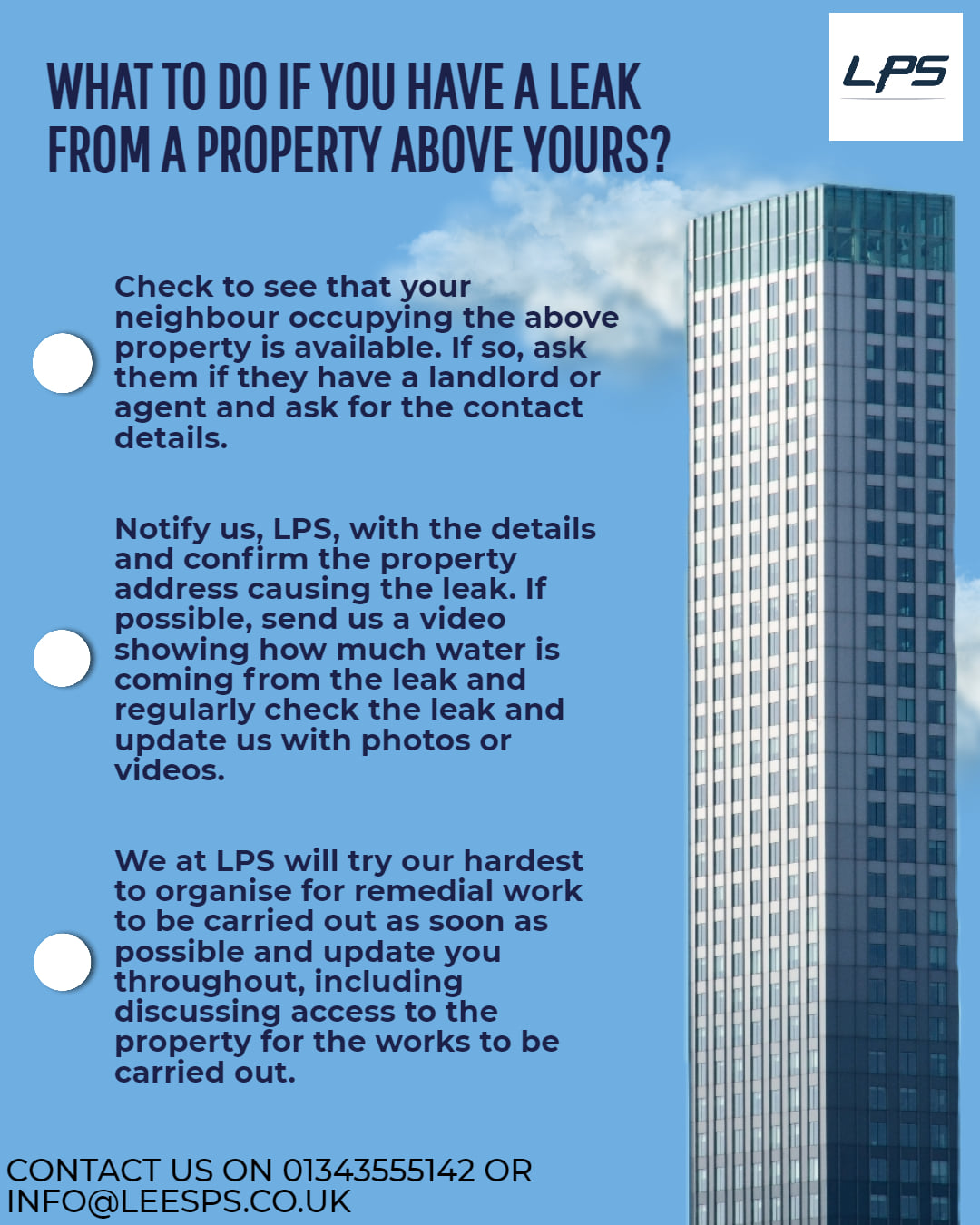
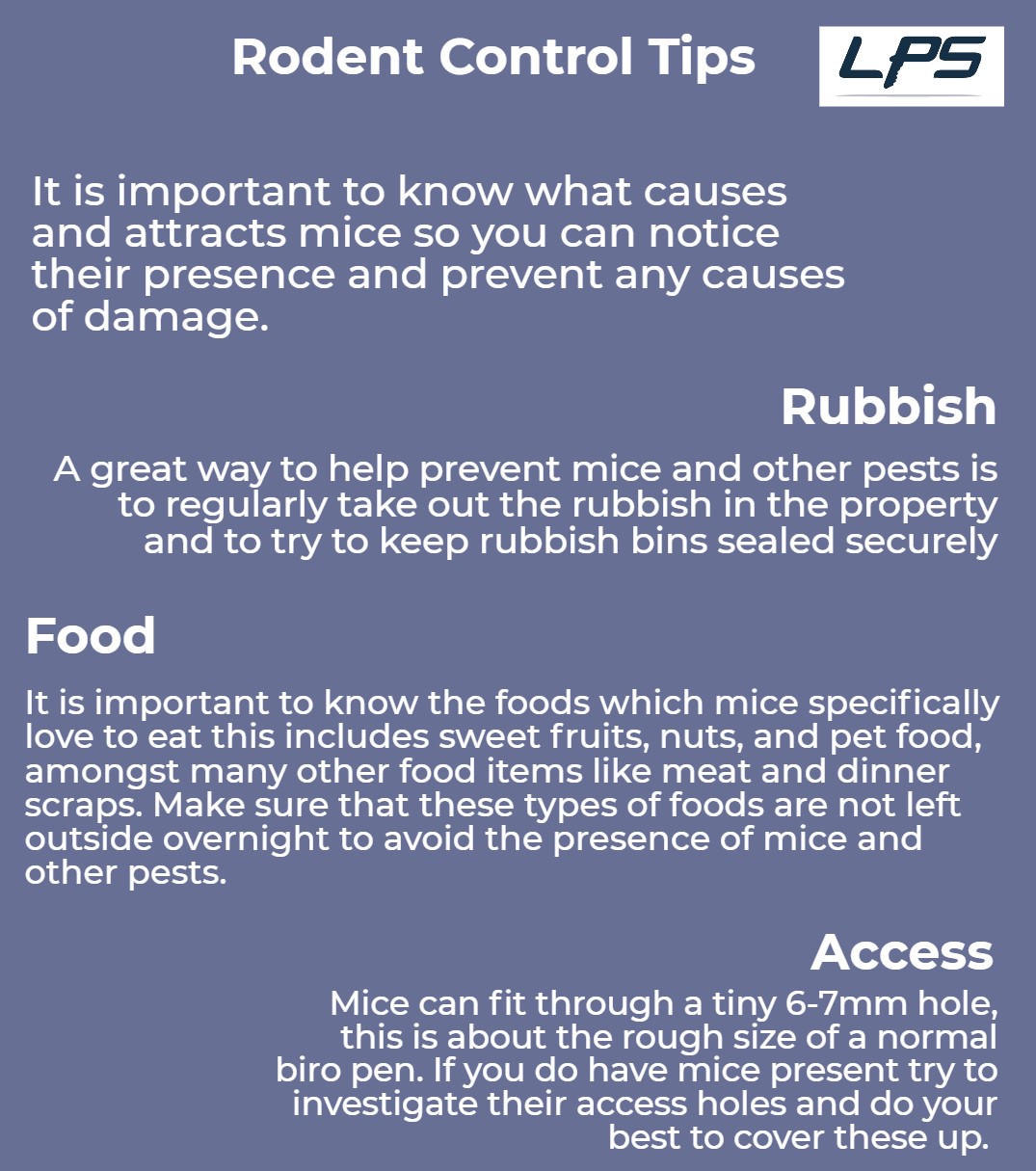
Legionnaires Disease
Legionnaires Disease is a potentially fatal form of pneumonia which can be caused by the inhalation of small droplets of water contaminated by the Legionella bacteria. In domestic properties, the Legionella bacteria can be given an environment to grow, under certain conditions, in hot and cold-water systems.
This tenant guide provides some tips on how Tenants can help to prevent the risk by good housekeeping.
Key points in prevention.
- Hot water systems should be in working order and hot water should remain ‘hot’
- Cold water should remain ‘cold’
- Water in the household system(s) should be kept circulated
As a tenant you should:
- Not interfere with the settings on your boiler or water heating system. The hot water should be set so that water is heated to 60°C.
- Make sure cold water coming out of cold outlets is below 20°C
- Flush through any showers in the property at least two minutes every week (especially in guest rooms where they may not be used frequently). Keep clear of the water flow whilst doing this.
- Clean the shower heads periodically, descale and disinfect it. This should be done at least every six months
Please tell us as soon as possible if:
- There are problems with water flow, debris or discolouration in the water.
- The boiler or hot water tank is not working properly, particularly if the water is not coming out of the taps at a sufficiently high temperature. It should come out at a temperature of 50°C after it has run for a minute at the latest
If you plan to leave the property vacant for any extended period (over two weeks), please tell us. When you return you should flush the water system(s) through by running all outlets for 2 minutes.
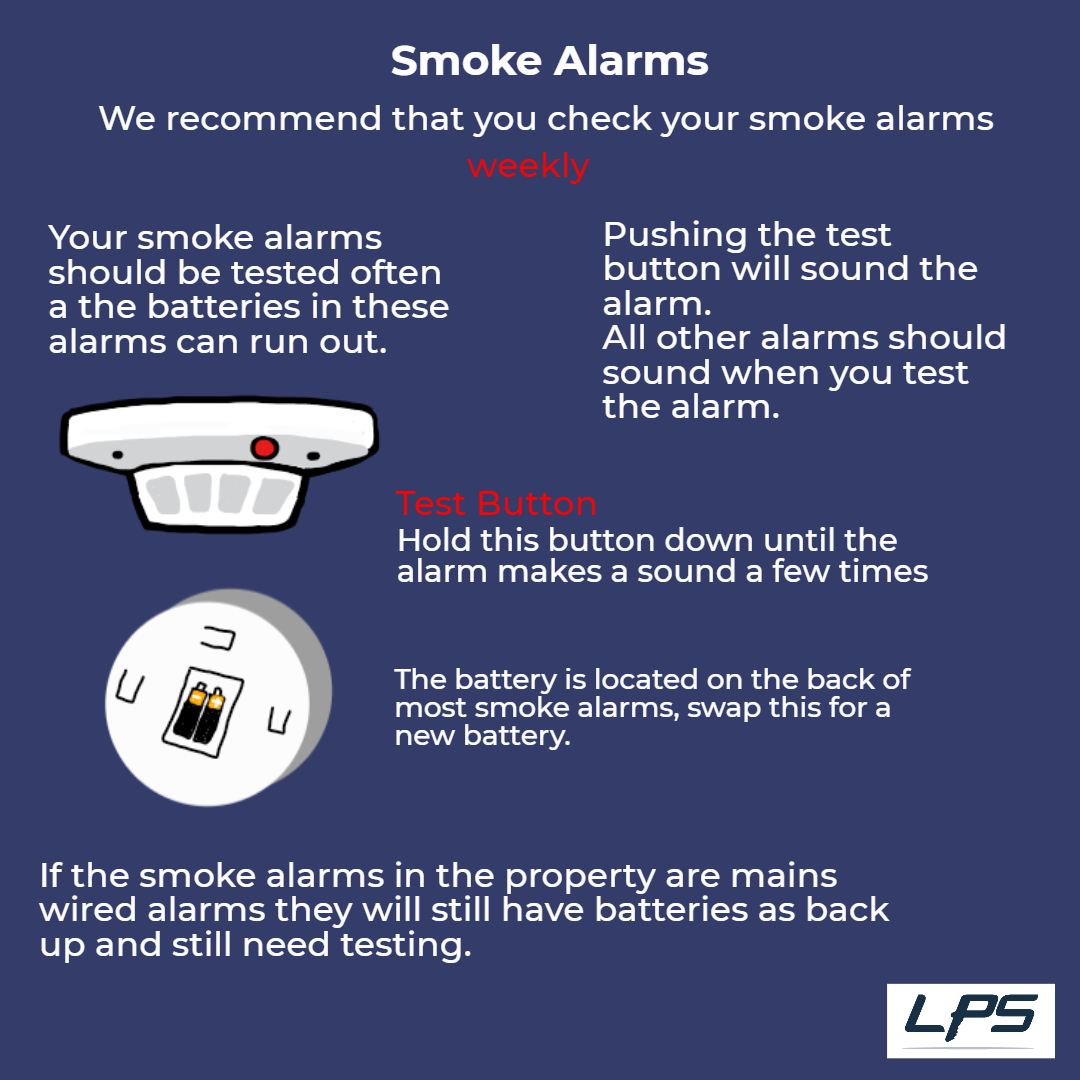
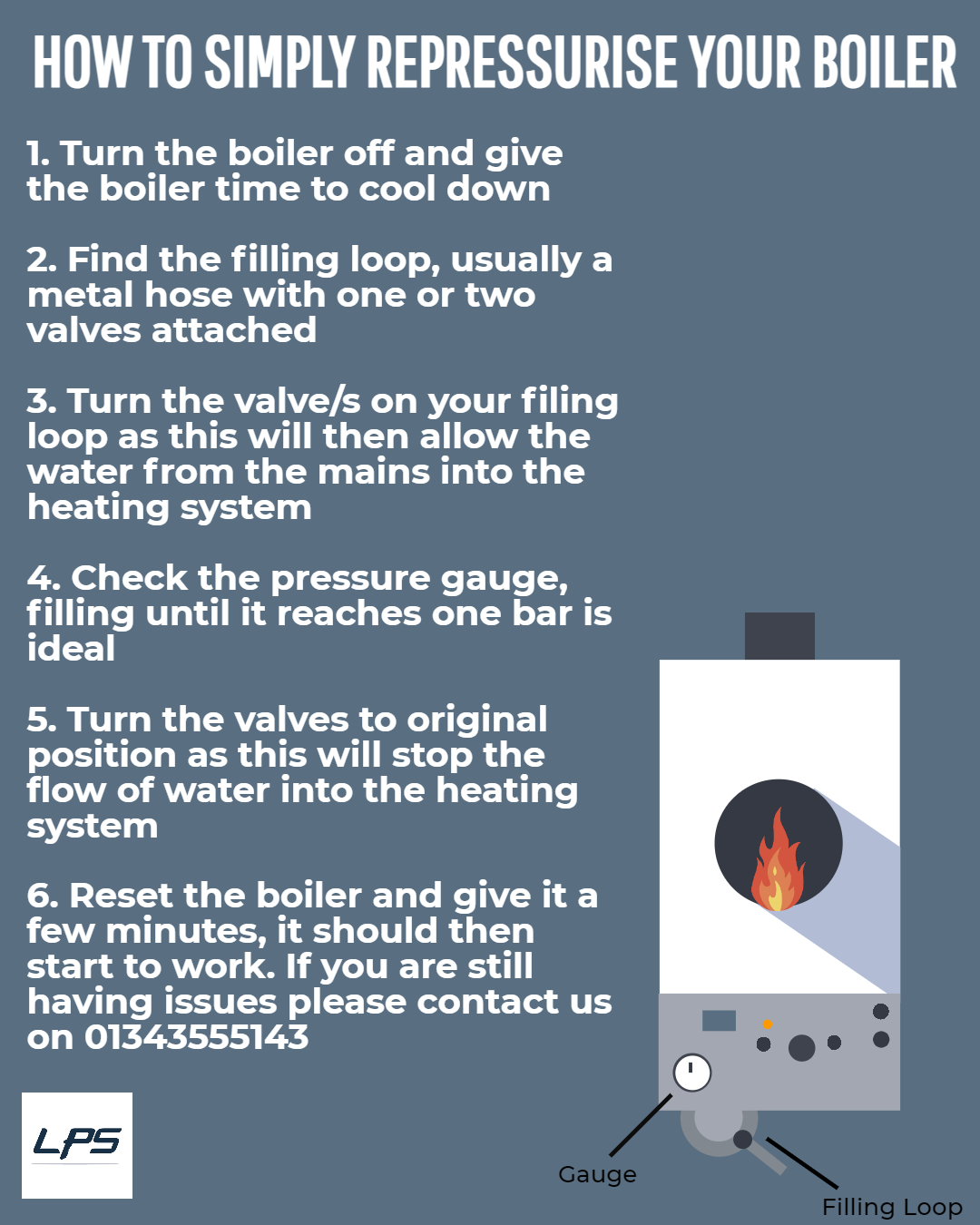
Looking after your drains
In the bathroom:
- The only items that should be flushed down your toilet are natural human waste and toilet paper. Everything else should go in the bin, not down the toilet.
- Never flush personal items – all wipes (baby, personal cleansing, toilet and household cleaning) – even if the pack says ‘flushable’, sanitary items, cotton wool/buds, disposable nappies and liners, condoms, incontinence pads, colostomy bags, used bandages and contact lenses.
In the kitchen:
- Do not pour fat, oil and grease in liquid form down the drain, these may not appear to be harmful as they don’t get stuck in the plughole, but as they cool they congeal and stick to the inside of drains and sewers. This builds up over time which can cause blocked pipes and flooding. Pouring hot water down your plughole will not help to dissolve any fat, oil or grease. All fats are equal. Whether it is saturated fat like lard, or mono-unsaturated fats such as vegetable or olive oil, they all congeal and harden. They should be left to cool and then be scraped into a sealable container and put it in the bin.
- Do not put food waste down the drain. Give all pots, pans, and dishes a quick scrape or wipe with some kitchen towel before washing and use a sink strainer in the plughole to catch any bits of leftover food going down the sink. Soups, stocks, sauces and milk products all contain fat which can also congeal and harden in your drains – leave these to cool/ harden, scrape into a container and put into the bin. Any peelings or food waste into your food waste bin.
